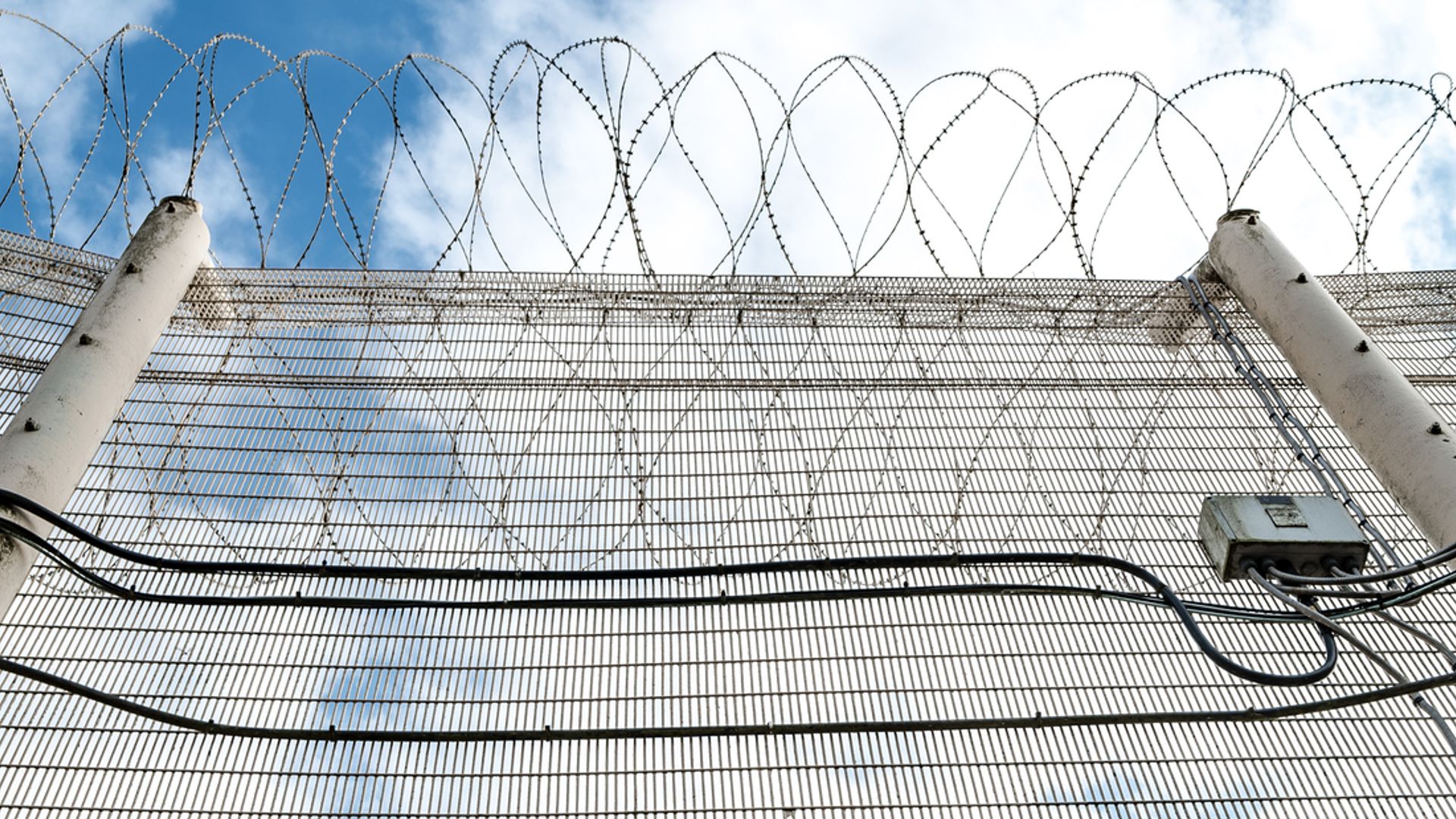The UN’s leading torture expert has urged the UK’s two main parties to get behind a proposal that would offer a “small glimmer of hope” to prisoners languishing under a jail sentence that was abolished more than a decade ago.
Alice Jill Edwards called on Rishi Sunak and Sir Keir Starmer to back an amendment to the government’s Victims and Prisoners Bill that would “improve the situation” for those serving sentences of imprisonment for public protection (IPP).
Infected blood compensation plan announced – politics latest
Peers in the House of Lords are due to vote on a series of amendments relating to IPP – a type of open-ended prison sentence that Ms Edwards has previously denounced as “inhumane”.
An amendment proposed by Lord Moylan would reverse the burden of proof, so the Parole Board would have to prove an IPP offender is too dangerous to be released – rather than the prisoners themselves having to prove they no longer pose a risk to the public.
Ms Edwards told Sky News: “Both the government and the opposition must seize the opportunity to improve the situation for IPP prisoners.
“The burden of proof has been one of the greatest obstacles to ensuring that prisoners can secure release and I welcome Lord Moylan’s amendment.
“While this falls short of a full resentencing exercise, I would urge peers in all parties not to miss this chance to improve a desperate human rights situation for so many prisoners in England and Wales”.
Please use Chrome browser for a more accessible video player
But ahead of the votes, Sky News understands Lord Moylan may no longer push his amendment because Labour has chosen to abstain.
Lord Moylan said he was “disappointed” by the decision, which campaigners also branded a “gut punch to IPP prisoners and their families”.
He will instead support a similar proposal by crossbench peer Lord Thomas of Cwmgiedd, which would require the Parole Board to take into account the length of the term already served in addition to the seriousness of the offence or offences of which they were convicted when considering whether to grant release.
Sky News understands Labour will also abstain on this amendment.
What are IPP sentences?
Implemented in 2005 under the then Labour government, IPP is a prison sentence with no release date that was intended for serious violent and sexual offenders who posed a significant risk of serious harm to the public but whose crimes did not warrant a life term.
Although the government’s stated aim was public protection, concerns quickly grew that IPP sentences were being applied too broadly and catching more minor offenders – often serving much more jail time than their initial term.
IPPs were abolished by the coalition government in 2012, but the change was not retrospective – meaning 2,852 prisoners remain behind bars, including 1,227 who have never been released.
Sky News has previously detailed cases such as Thomas White, who was handed a two-year minimum jail sentence under IPP four months before the sentences were abolished – but remains in prison 12 years later.
Read more politics news:
European leader backs Rwanda plan
Extending police powers for protests ruled unlawful
Please use Chrome browser for a more accessible video player
‘Utter devastation’
Cherrie Nicol, whose brother Aaron was sentenced to two years and 124 days for committing grievous bodily harm in 2005 and is in jail 18 years later, said she was “bitterly disappointed” the Moylan amendment may be dropped.
She said IPP sentences had caused “utter devastation” for families, and led to prisoners taking their own life.
A spokesperson for campaign group Ungripp warned a failure to act could lead to a further wave of suicides.
At least 86 IPP prisoners have taken their own lives since the sentences were introduced in 2005.
“We are extremely disappointed that Labour will not be supporting the amendment, especially as they were the architects of the IPP,” they said.
Be the first to get Breaking News
Install the Sky News app for free
A Labour spokesperson said it was right to abolish IPP sentences and vowed the party would “work at pace” on the issue should it enter government.
But they added: “It is not possible to make assessments on the individual needs of IPP offenders from opposition without the relevant information, which is confidential.”
“In government, Labour will work at pace to make progress on IPPs and we will consult widely to ensure any action plan is effective and based on the evidence.”




